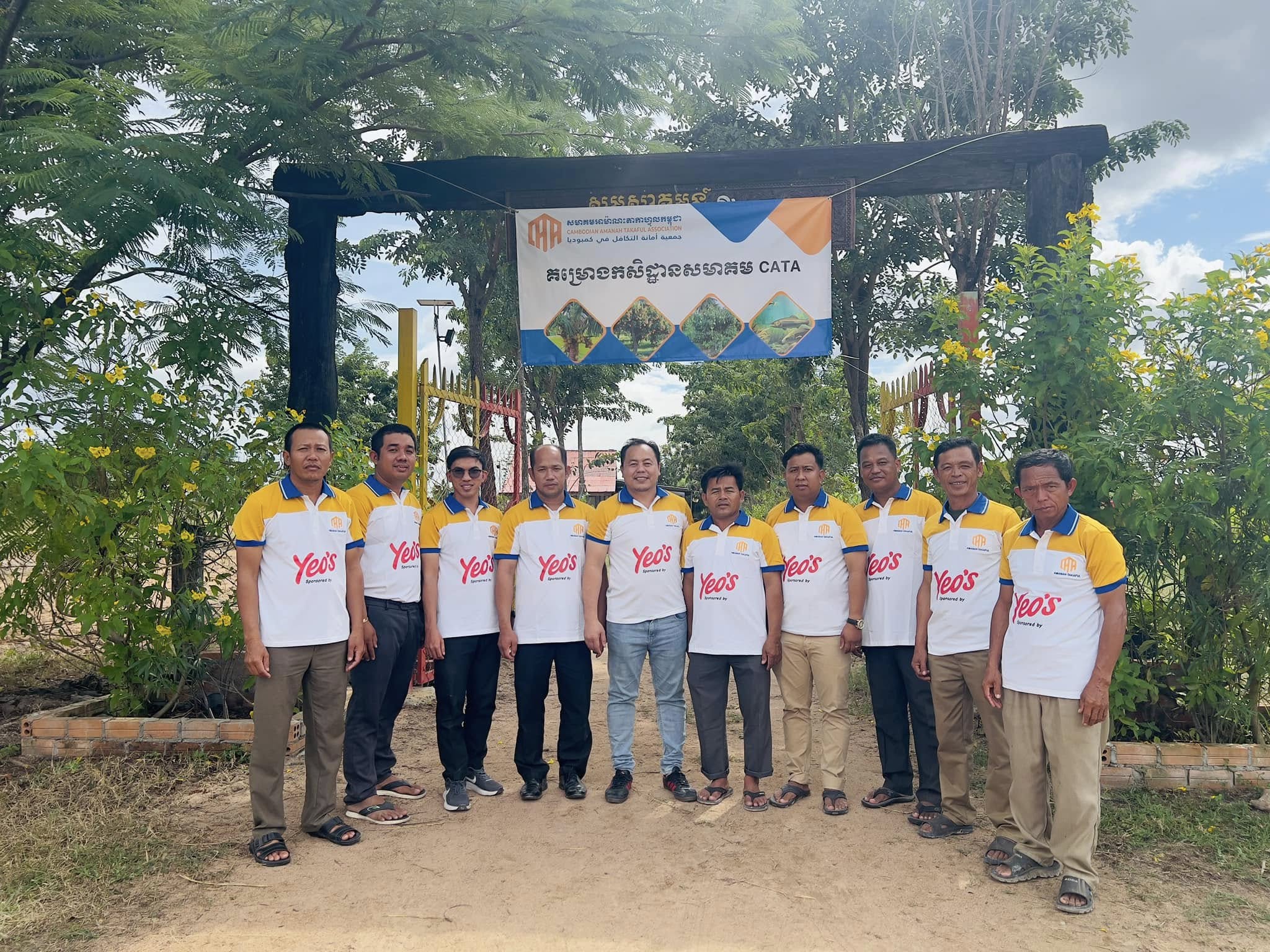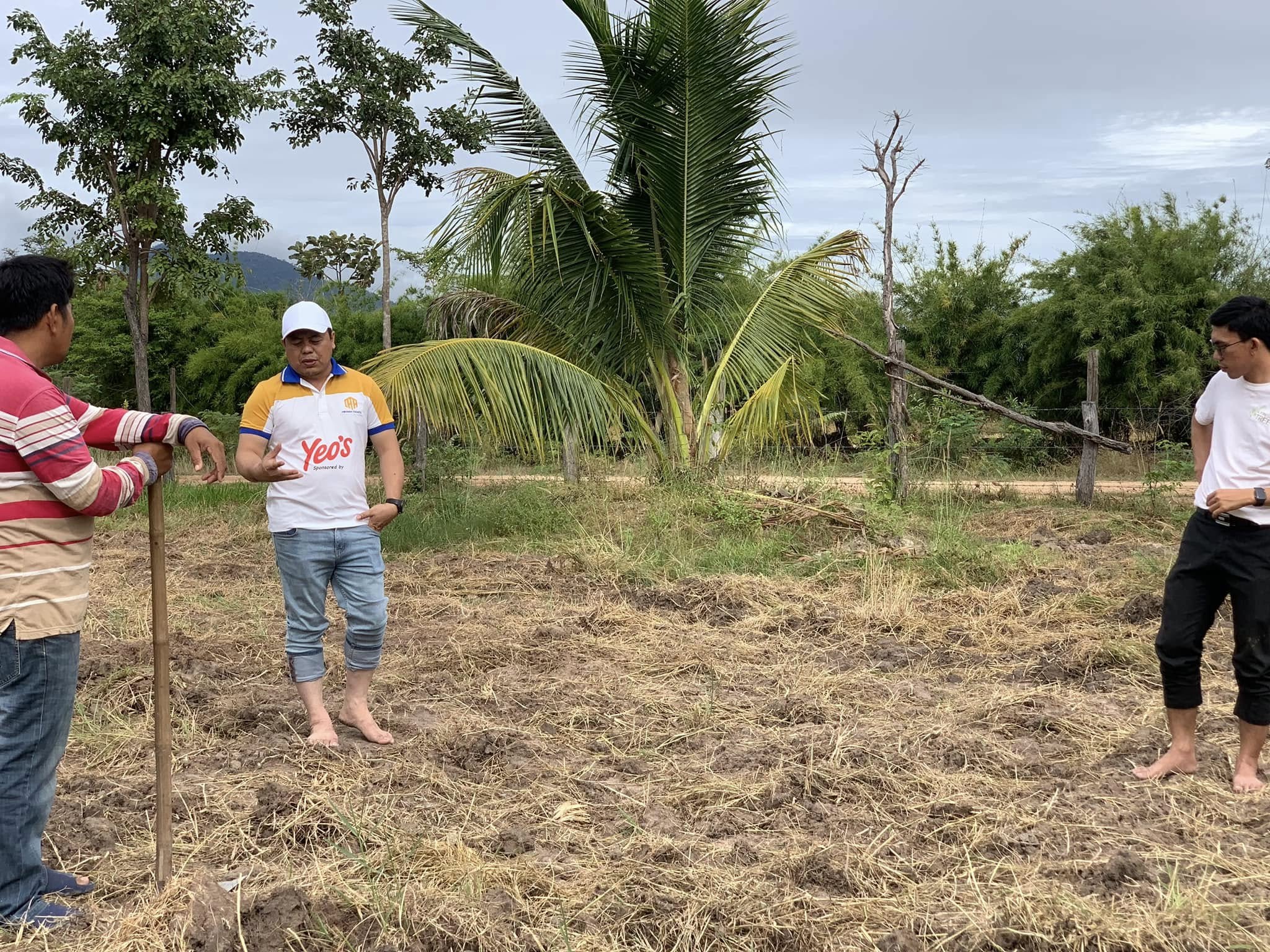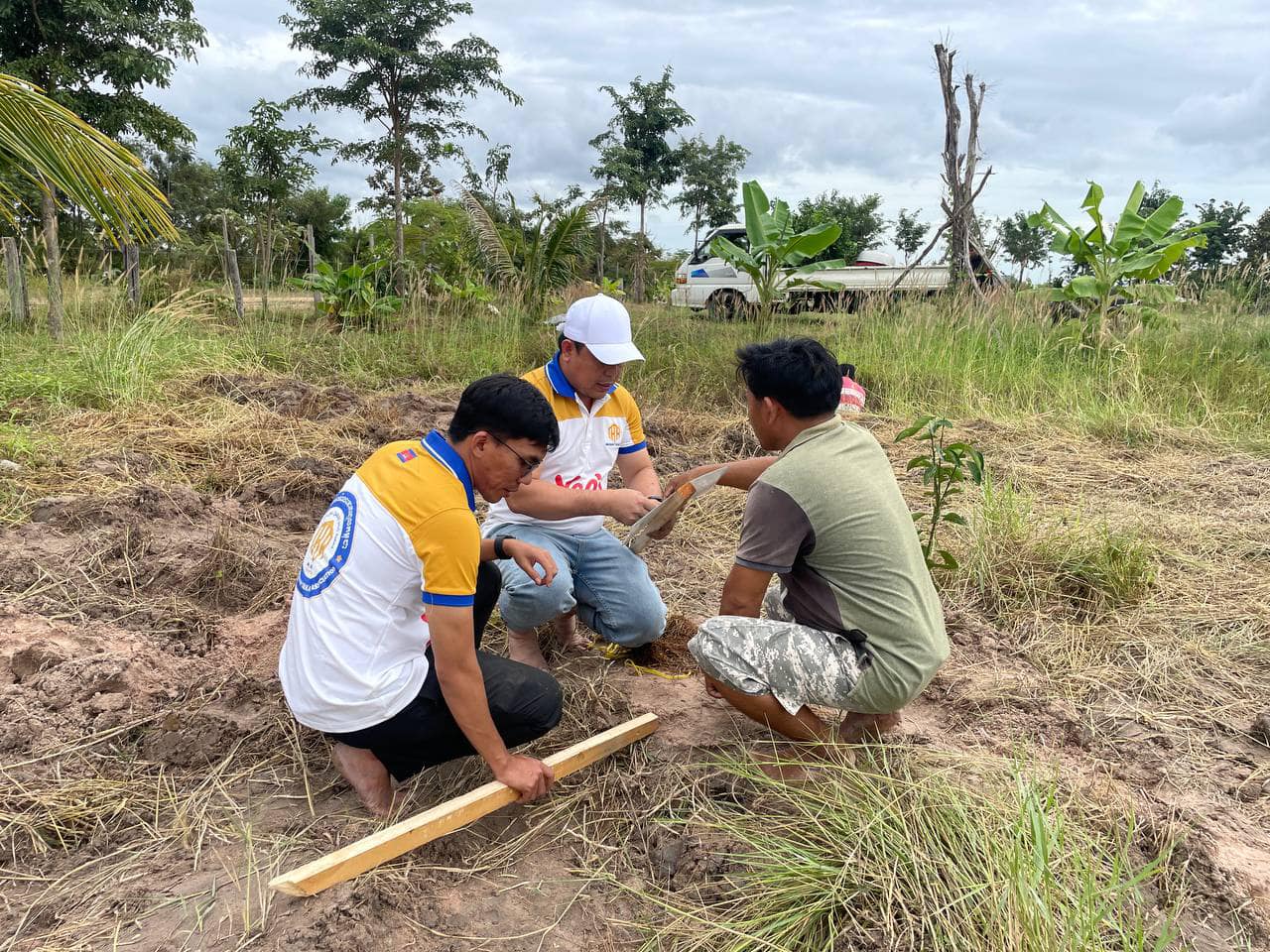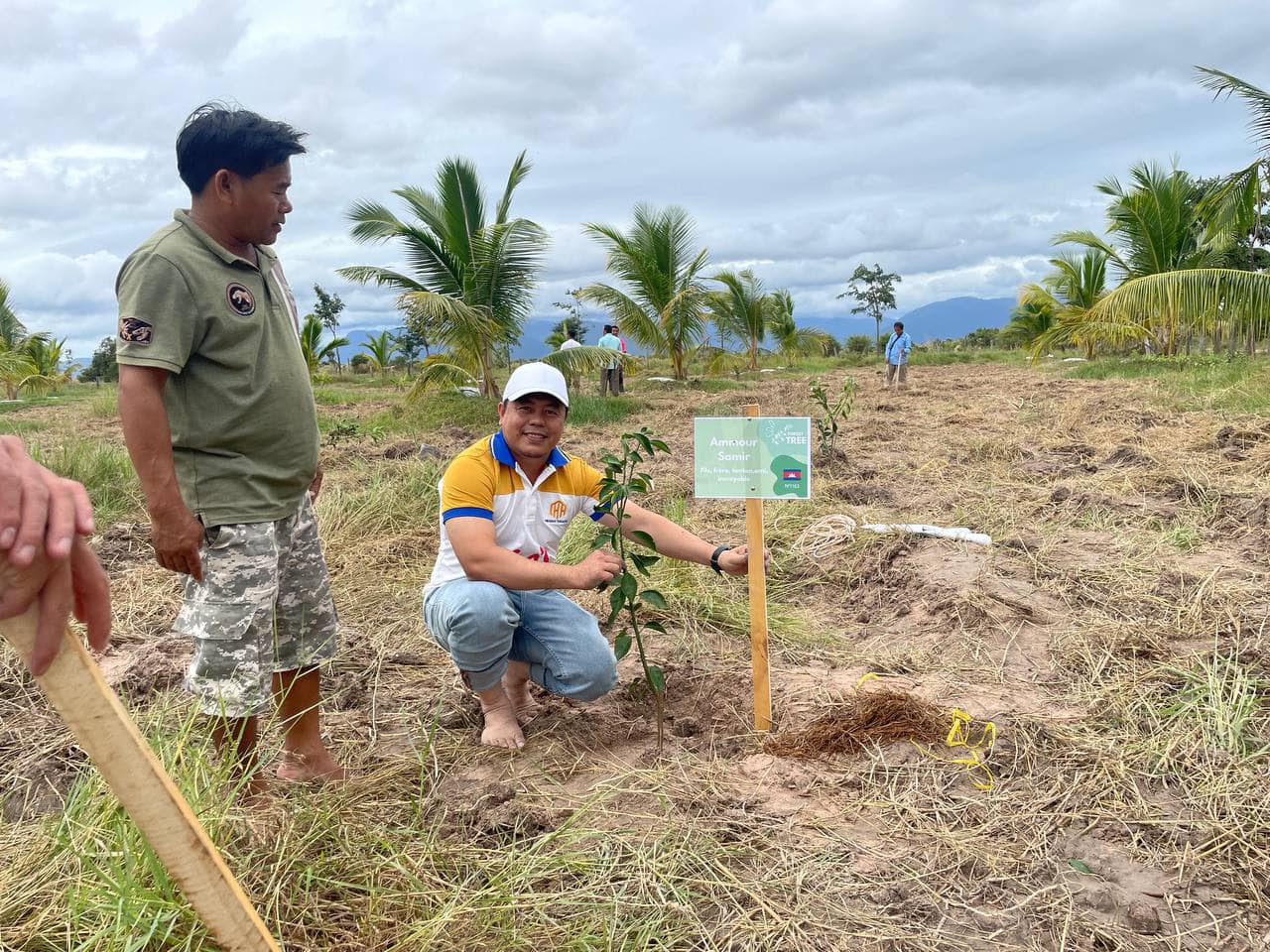Seeds of Futures:
Sustainable Agriculture Initiatives for the Cambodian Muslim Community
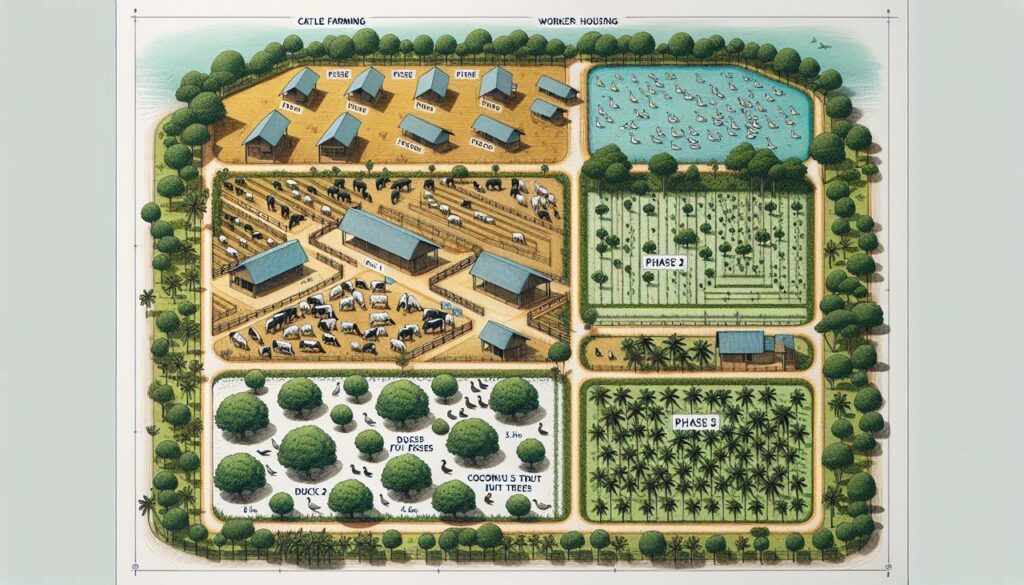
1. Introduction
The Cambodian Muslim community is confronting significant sustainability challenges related to economic stability, employment opportunities, and financial support. Many members depend heavily on NGOs for assistance, which hinders long-term self-sufficiency. In response to these challenges, the Cambodian Amanah Takaful Association (CATA) has developed the Seeds of Futures Agriculture Initiative.
The CATA Seeds of Futures Initiative aims to revolutionize agriculture through sustainable and ethical practices. The initiative seeks to improve productivity and profitability while prioritizing community development through job creation and support for local economies.
Located in the rural community of Green Valley, the project will cover a total area of 10 hectares and will consist of three phases, focusing on providing high-quality food products, environmental stewardship, and fostering sustainable agriculture.
2. Purpose and Objectives
The purpose of the Seeds of Futures Initiative is to empower the Cambodian Muslim community through sustainable agricultural practices that enhance economic self-sufficiency and resilience. The specific objectives are:
- To provide impactful charitable support that empowers the community.
- To generate meaningful job opportunities for Muslim farmers.
- To strengthen the operational capabilities of CATA for greater efficiency.
- To foster community sustainability through responsible agricultural practices.
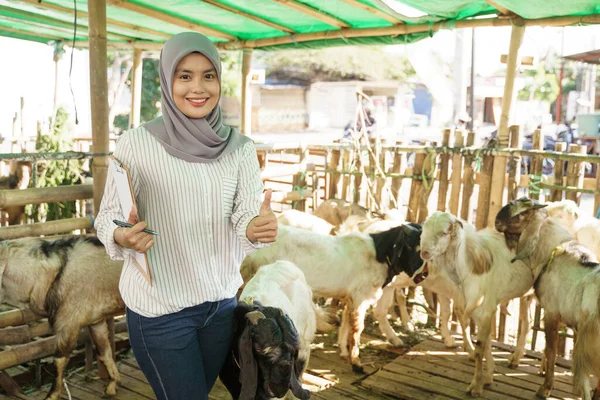
3. Comprehensive Resource and Evidence
This initiative will draw on established best practices in sustainable agriculture, veterinary care, and community development. Evidence from similar projects worldwide shows that investing in local agriculture can significantly uplift communities by improving food security, creating jobs, and fostering economic growth. CATA will collaborate with local agricultural experts, NGOs, and governmental bodies to ensure adherence to best practices.
4. Detailed Project Plan
The Seeds of Futures Initiative will be executed in three phases:
Phase 1: Cattle Farming and Worker Housing (5 hectares)
- Cows (50-100) at $300-$400 each.
- Lambs (30-50) at $60-$80 each.
- Infrastructure costs, including shelters and maintenance.
Phase 2: Feeding Ducks and Fish (0.5 hectares)
- Ducks (100-250) with associated feed and care.
- Fish stocking and maintenance.
Phase 3: Plantation of Coconut and Chew Nut Trees (4.5 hectares)
- Coconut Seedlings (7,500) at $2 each.
- Chew Nut Seedlings (3,750) at $1 each.
- Land preparation, irrigation, and ongoing maintenance.
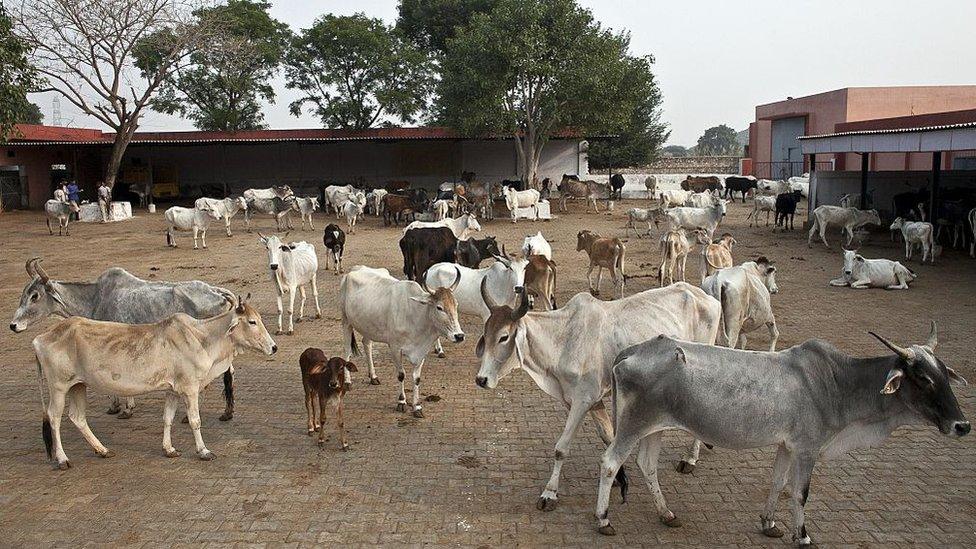
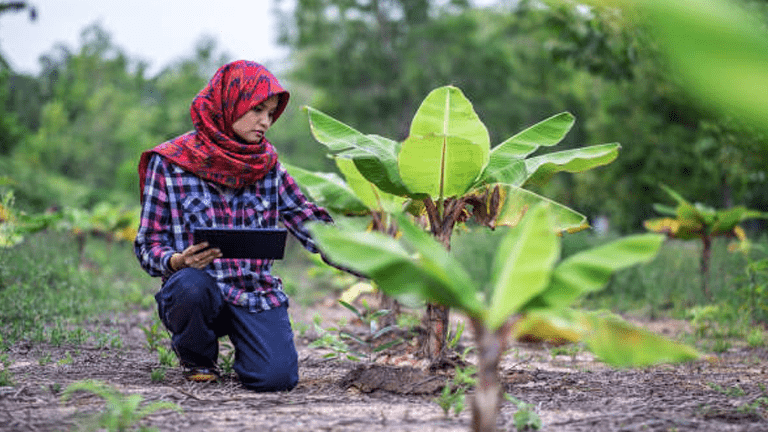
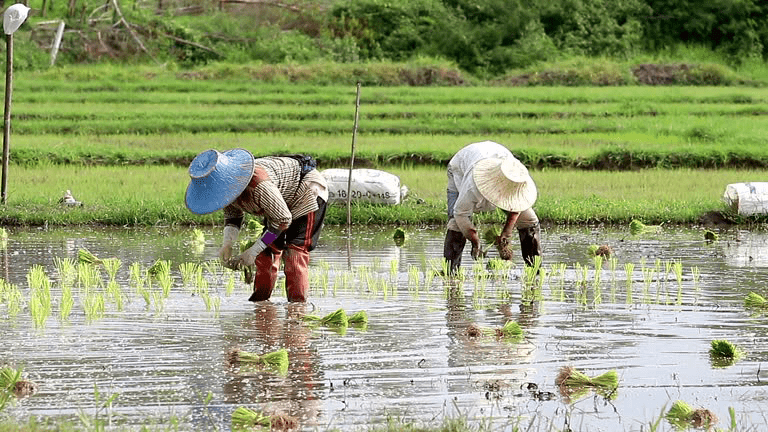
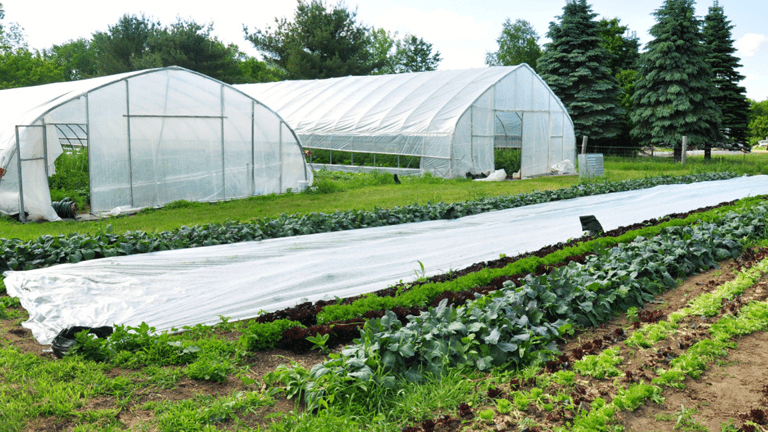
5. Realistic Budget
The estimated total budget for the entire project is $149,950 – $335,225, spread across the three phases. The budget will cover all essential elements, including land acquisition, livestock, seedlings, infrastructure, labor, and operational costs.
Budget Breakdown:
Phase 1: Cattle Farming and Worker Housing
Item | Estimated Cost (Low) | Estimated Cost (High) |
Land Purchase/Lease | $50,000 | $50,000 |
Cows (50-100 at $300-$400) | $15,000 – $40,000 | $22,500 – $40,000 |
Lambs (30-50 at $60-$80) | $1,800 – $4,000 | $2,400 – $4,000 |
Fencing (10 hectares @ $2/m) | $4,000 | $4,000 |
Shelters | $10,000 | $15,000 |
Water Supply | $2,000 | $5,000 |
Feed (annual) | $8,000 | $15,000 |
Veterinary Care (annual) | $4,000 | $8,000 |
Labor (annual) | $15,000 | $25,000 |
Equipment | $10,000 | $20,000 |
Utilities (annual) | $4,000 | $8,000 |
Total Estimated Cost | $113,800 – $271,000 |
Phase 2: Feeding Ducks and Fish
Item | Estimated Cost (Low) | Estimated Cost (High) |
Land Preparation | $1,000 | $1,000 |
Ducks (100-250) | $3,000 – $6,000 | $7,500 – $15,000 |
Fish Stocking | $300 – $600 | $300 – $600 |
Feeding Equipment | $500 | $500 |
Feed (Ducks & Fish) | $1,500 | $2,500 |
Water Supply System | $800 | $800 |
Shelters for Ducks | $1,500 | $2,500 |
Fencing | $400 | $1,200 |
Maintenance and Monitoring | $500 | $500 |
Veterinary Care | $300 | $500 |
Labor Costs | $1,200 | $1,800 |
Miscellaneous Expenses | $300 | $500 |
Total Estimated Cost | $10,300 – $18,100 |
Phase 3: Plantation of Coconut and Chew Nut Trees
Item | Estimated Cost (Low) | Estimated Cost (High) |
Land Preparation | $1,500 | $2,500 |
Coconut Seedlings (7,500) | $15,000 – $20,000 | $22,500 – $30,000 |
Chew Nut Seedlings (3,750) | $3,750 – $5,625 | $5,625 – $7,500 |
Fertilizer and Soil Amendments | $1,000 | $2,000 |
Irrigation System | $1,200 | $1,800 |
Fencing | $600 | $1,200 |
Maintenance (Annual) | $1,000 | $1,500 |
Labor Costs | $1,500 | $2,500 |
Miscellaneous Expenses | $300 | $500 |
Total Estimated Cost | $25,850 – $46,125 |
6. Sustainability and Impact
The Seeds of Futures Initiative is designed to be sustainable in both economic and environmental terms. By promoting sustainable agricultural practices, the project aims to:
- Improve food security within the community.
- Enhance economic self-sufficiency for local farmers.
- Foster biodiversity through diverse crop and livestock systems.
- Encourage responsible land management practices that preserve natural resources.
7. Risk Management
A comprehensive risk management strategy will be implemented to address potential challenges, including:
- Market Fluctuations: Conduct market research and build relationships with buyers to secure fair prices.
- Climate Change: Employ adaptive farming techniques and diversify crops to mitigate risks from extreme weather.
- Health Risks: Regular veterinary care and health monitoring for livestock to prevent disease outbreaks.
8. Engagement and Partnership
CATA will actively engage with local communities, NGOs, and governmental agencies to ensure the successful implementation of the initiative. Partnerships with agricultural experts will provide training and support for sustainable practices. Regular community meetings will facilitate feedback and collaborative decision-making.
9. Compelling Narrative and Presentation
The Seeds of Futures Initiative presents a compelling narrative of hope, empowerment, and sustainability. By investing in local agriculture, we can uplift the Cambodian Muslim community, creating jobs, enhancing food security, and preserving the environment for future generations.
10. Monitoring and Evaluation Plan
A robust monitoring and evaluation framework will be implemented to assess the project’s progress and impact. Key performance indicators (KPIs) will include:
- Crop yield and livestock health.
- Job creation and economic impact on the community.
- Environmental sustainability measures. Regular assessments will inform necessary adjustments and ensure transparency with stakeholders.
11. Call to Action
We invite compassionate donors and organizations to partner with us in funding the Seeds of Futures Initiative. Your generous contributions will profoundly impact the lives of countless community members, fostering resilience and self-sufficiency.
For international transfers, please utilize the following banking details:
- Swift Code: AKHPP (ABA Bank)
- Account Number and Name: ABA BANK 800002025 (Cambodian Amanah Takaful Association, CATA)
Acceptance
Please sign below to indicate your acceptance and support of this proposal:
- Partner/Donor Representative Name: ___________________________
- Signature: _______________________________________________
- Date: _____________________________________________________
12. Call to Action
We invite compassionate donors and organizations to partner with us in funding the Seeds of Futures Initiative. Your generous contributions will profoundly impact the lives of countless community members, fostering resilience and self-sufficiency.
For international transfers, please utilize the following banking details:
- Swift Code: AKHPP (ABA Bank)
- Account Number and Name: ABA BANK 800002025 (Cambodian Amanah Takaful Association, CATA)
Acceptance
Please sign below to indicate your acceptance and support of this proposal:
- Partner/Donor Representative Name: ___________________________
- Signature: _______________________________________________
- Date: _____________________________________________________









